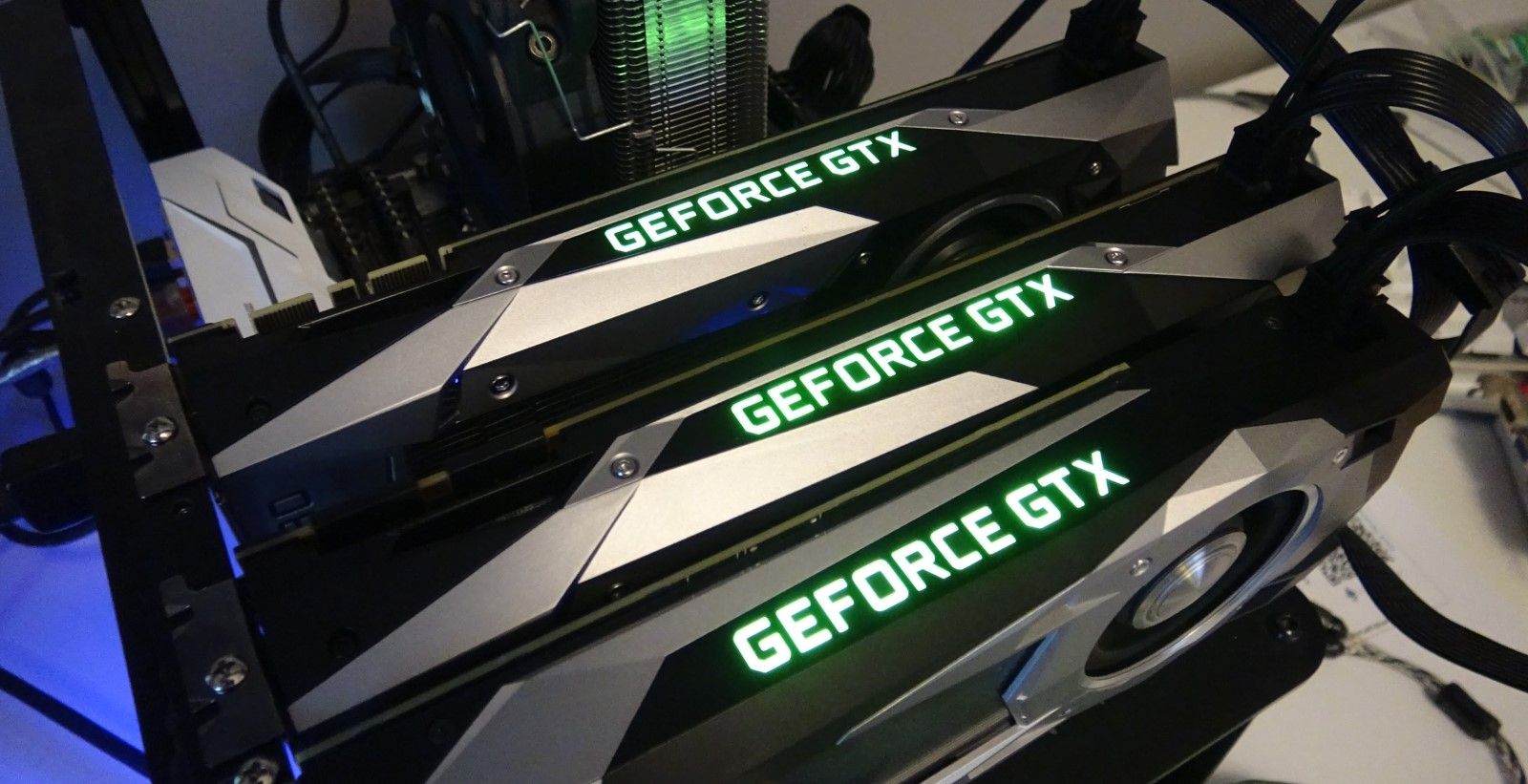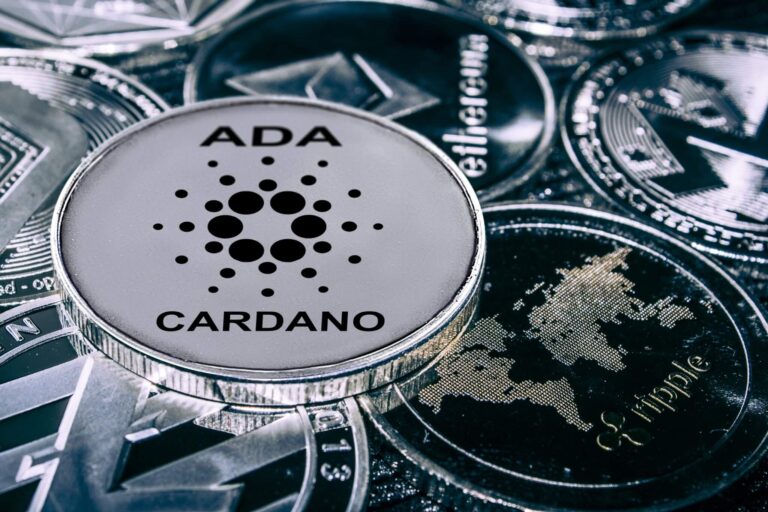Ethereum and everything you need to know about it

What is Ethereum?
In fact, Ethereum is an open source software platform based on Bitcoin technology. It allows developers to create decentralized applications that are also called dApps. However, the word Ethereum is also used to refer to Ether (ETH), a cryptographic coin based on Ethereum technology. When talking about buying, trading or making payments with Ethеreum, we mean the cryptovrency Ether.
The history of Ethereum

The story of the Etherum begins with Vitalik Butterin, who became interested in Bitcoin in 2011 as a 17-year-old programmer. Butterin realized Bitcoin’s disadvantages and created Ethеreum as a technology superior to Blockchain.
I thought that they [those who belonged to the Bitcoin community] did not address the problem from the right side. It seemed that they were trying to develop individual applications; they were trying to support all possible [blockchain applications] by creating some kind of universal protocol. – Vitalik Butterin, co-founder of Ethereum.
Why Ethereum created?
Ethereum is a block-platform technology platform designed to perform a wide range of functions. A popular comparison: if Bitcoin is mail, then Etherеum is the whole Internet.
Etherеum is used in computer services based on dApps and smart contracts to save time and money by eliminating intermediaries, third parties and inefficient monopolies such as large companies or even government agencies.
In fact, it inherits Bitcoin’s decentralization philosophy, but can be used for a wide range of tasks, not just as a monetary unit.
Hardfork ETH
In 2016, a hacker stole Ether for $50 million – this event has raised concerns about the security of the platform. Emerging disputes divided the community, and, as a result of fork Ethereum, there were two blockbusters: Ethereum (ETH) and Ethereum Classic (ETC).
ETH tokens

Ethereum is not only Ether (ETH), but also Ether tokens. Ether tokens can work as a currency inside the Ethereum virtual machine (EVM). ETH tokens are transferred within the EVM to execute smart contracts.
What is an Ethereum smart contract?
A smart contract is a computer code that works as a real contract – that is, it binds individuals and/or legal entities with certain obligations.
The code of the smart contract automatically fulfills the conditions after the tokens have been pledged. This approach has the following advantages:
- Information in electronic form: no need to print or publish documents, it is easy to distribute.
- Autonomy: no intermediaries or hesitation in making decisions.
- Reliability: The information in the smart contract is encrypted and stored in a centralized registry.
- Security: Encryption makes it almost impossible to steal information from a contract.
- Speed: automatic execution makes smart contracts faster.
- Price: saves on paper, attorney fees, etc.
- Smart contracts work like multi-signature accounts, which are executed only if a certain number of parties have confirmed their consent.
Smart contracts can be created on any block list, but developers on Ethereum can use a much wider range of instructions when programming a smart contract than is possible with Bitcoin. This allows Ethеreum smart contracts to be more complex and versatile. They can be used as the basis for a decentralized application or other stand-alone functions in a blockage.
What is ETH wallet?

An Ethеreum wallet is a place where private keys are stored to access the cryptographic software. The StormGain cryptographic trading platform has a built-in ETH wallet with which you can earn 10% per annum on your currency deposit.
Crypt Currency Trading
Ethereum is a cryptovoltaic currency that holds the second largest market share after Bitcoin. Also, Ethеreum is the second largest market share among other cryptovoltaic currencies by trading volume. Using StormGain, traders can receive substantial bonuses and rewards for trading Etherеum.
Ethereum production
At the moment, Ethereum is “marinated” using the proof-of-work algorithm. Like with Bitcoin, Ethеreum maintainers allocate their computing devices to solve tasks that support blockchecks and get ETH tokens for this.
What hash rate needed to produce Ethereum?

The frequency with which ETH mining devices can process hashes determines the probability of receiving a reward. A hash rate of about 45.0 MH/s is considered good for a user GPU. However, mining may soon become irrelevant for Ethеreum.




